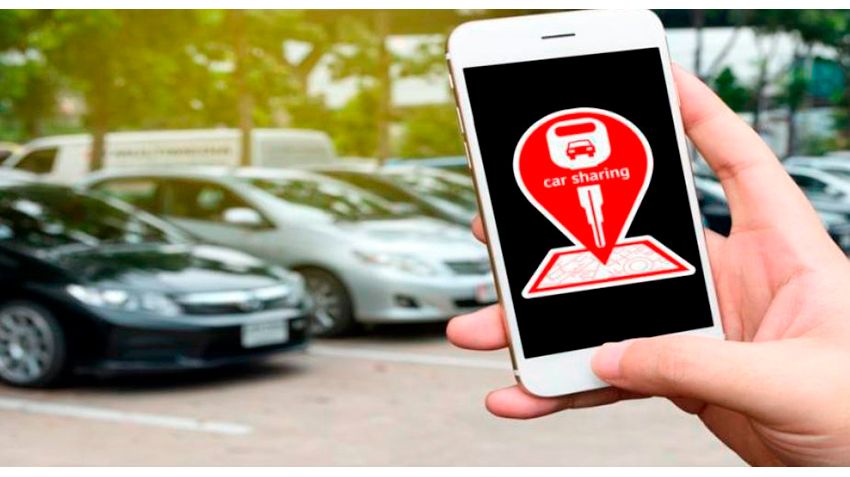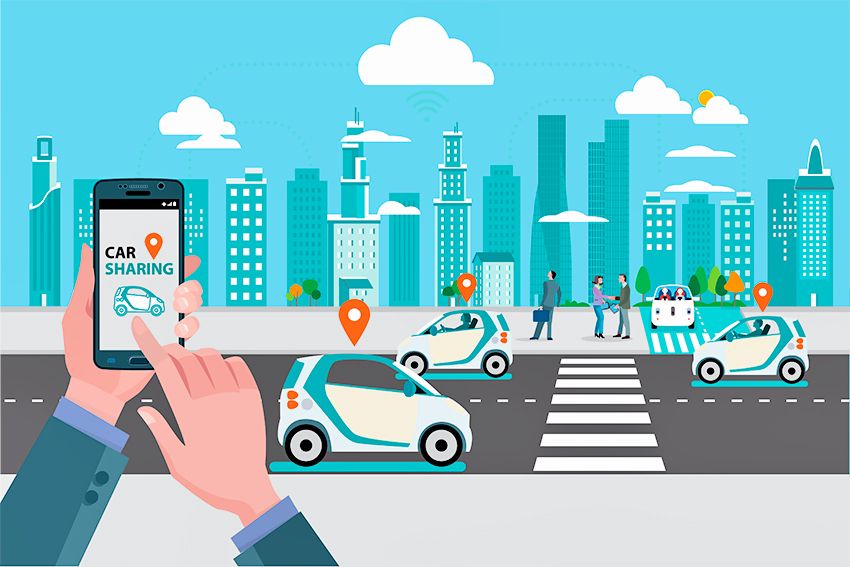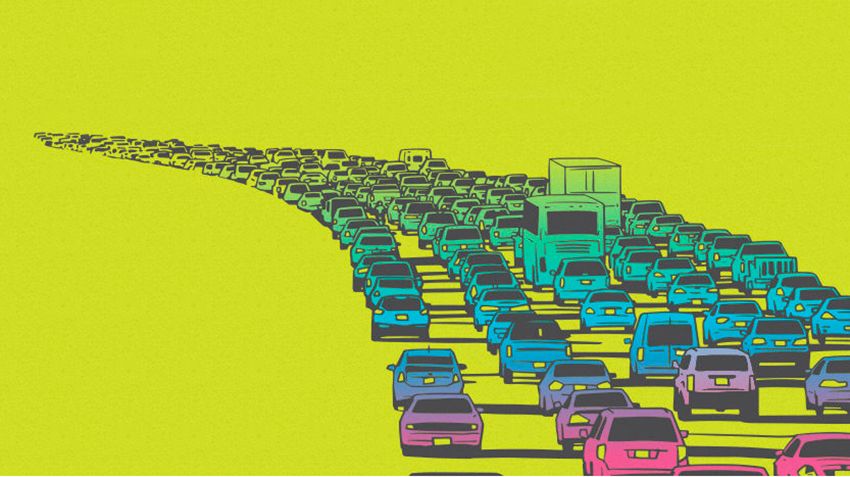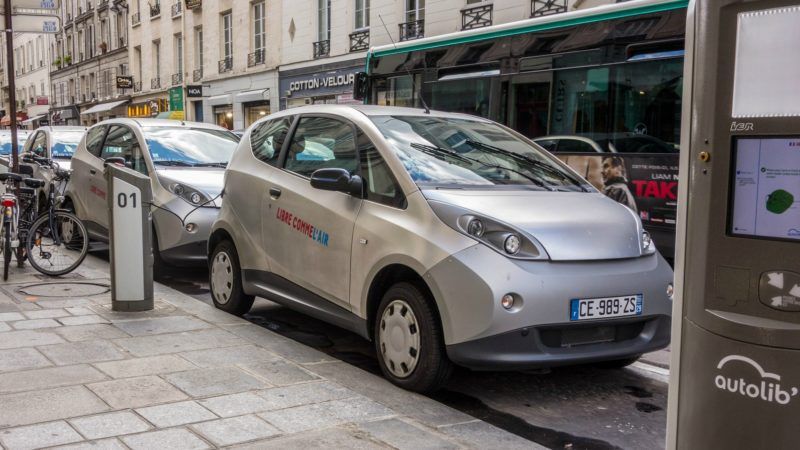European carsharing Park will be 7.5 million by 2035

8 October 2018
Nearly half of European drivers are ready to refuse cars by 2025
According to a recent study, the International Survey ING (Dutch banking syndicate), the share of cars shared use (karteninhaber) in Europe will grow to 7.5 million vehicles by 2035, against approximately 380 thousand at the moment. However, this way, there are still significant barriers.
the Park cars for General use dwill stignet 7.5 million
On approval ING about 30% of Europeans (interviewed 13 thousand people in 12 European countries and in Turkey) that have a driver's license, show interest in sharing cars, and 60% of them are even willing to share their car if they will get paid for it. Moreover, the greatest interest to the topic show that countries of southern Europe. For example, more than half of the respondents in Turkey stated that they have participated in the exchange of cars or were interested in such an exchange next year, compared to 38% in Italy, 20% in the UK and only 13% in Belgium.
A similar conclusion in his global survey made by KPMG, claiming that by 2040 the number of cars for General use will be 50% of the market. In particular, due to growing urbanization 43% of respondents they acknowledge that more are not interested in owning a car, starting from 2025.

Barriers
However, today only 0.1% of all cars in Europe are included in the system of car sharing in the face of growing competition from other transport services, such as ridesharing (carpooling), but there are other barriers.
So, 40% of Europeans would like to see improve about car-sharing in the field of user experience, greater reliability, speed and ease of use of the service, as well as increase the supply of cars. More than 20% of respondents would like to see more affordable rates of car sharing. However, over a third of respondents said not ready for joint use of the car either now or in the future.
This evolution could be accelerated and due to the competitive offers karteninhaber firms. So, several automakers already offer exchange of cars their brands, but the expansion is slow, expensive and inflexible. The improvement of platforms and technologies, car-sharing will contribute to increased supply and to ensure trust between vehicles.
For example, the technology could overcome the barrier of physical handover of the vehicle key, whereas the program of mobile applications and soft key "start-stop" would help to avoid this necessary but cumbersome transaction.
the Keys to growth.
All these barriers must be eliminated or reformed in order to exploit the full potential of car sharing, which is estimated ING, can be up to 80% of the total mileage corporate fleet in the European Union, with approximately 270 million vehicles.
New technologies help not only to overcome the "key problem" but also help to gain trust among car owners, tracking the online behavior of drivers. In the end, when drone technology becomes widespread, this problem will be solved by driver robot. So, ING believes that Autonomous vehicles of the 4th level will widely be on the road by 2025.
Moreover, government regulation and incentives can increase the competitiveness of careregular car compared to owning your own car. Special schemes of taxation, restricting access to city centres and(or) restrictions on Parking may encourage the joint use of the car.

Park pass peak
Increasing demand for joint cars will eventually lead to a peak in the car Park, and then the total number of cars in Europe will fall, respectively, and reduced new car sales. According to ING, with 2035 in Europe will be sold annually by 1 million vehicles less.
However, this does not necessarily mean that car manufacturers are quite gone from the market. On the contrary, ING invites them to take a leading role in the exchange of cars by creating their own platform horizontal (peer-peer) carsharing network, such as the BMW service DriveNow. The same can be said about the owners of corporate fleets, which are directly interested in the evolution of the current car.

In addition, influential European "green" for a long time say that the car-share vehicles can provide many environmental benefits, reduce congestion and air pollution, limit the needs of the automotive industry resources and accelerate the deployment of vehicles with zero emissions..
|
|
|
Element was not found.








